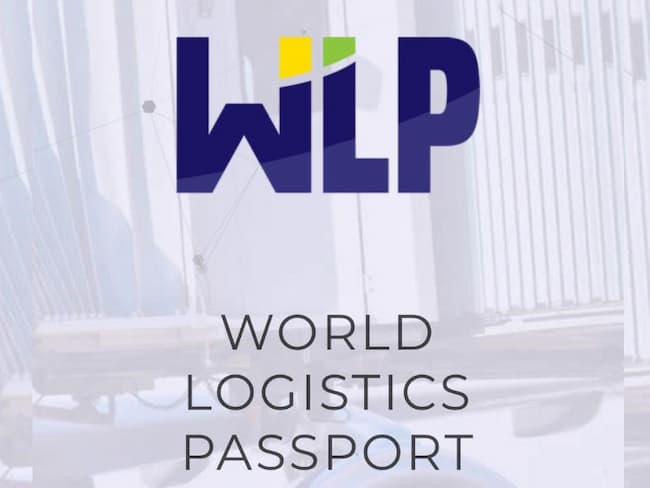Nigeria has joined the World Logistics Passport (WLP) as a Hub, with the Council for the Regulation of Freight Forwarding in Nigeria (CRFFN) as the coordinating partner.
Nigeria is the largest economy in Africa, with a vibrant and diverse industrial base and rapidly expanding regional and global trade interests. In 2019, product exports totaled $63.8bn1 with trade accounting for 25% of GDP2.
With access to the WLP network, Nigerian traders will have the opportunity to enhance the connectivity and efficiency of their cargo operations. This in turn will open up trade routes – allowing for faster, cheaper access to new markets particularly in Asia, Latin America and across Africa.
READ ALSO: eNaira Will Improve Cross-border Transactions – CBN
H.E Sultan Ahmed bin Sulayem, Group Chairman and CEO of DP World, said: “We view West Africa as a long-term growth market, with Nigeria spearheading growth in the region. The WLP helps deliver economic growth and create jobs by boosting trade, principally by making a country’s products more competitive through more efficient supply chains.
For Nigerian traders, this means discovering new opportunities through our network across the African continent and beyond.”
Nigeria has joined the WLP alongside other African nations including South Africa, Senegal, Morocco, Kenya, Ethiopia, Botswana, Zimbabwe, Mozambique, Burkina Faso and Guinea.
H.E. Rotimi Amaechi, Minister of Transportation in Nigeria said: “Joining the WLP is about bolstering global trade opportunities for Nigerian businesses and accelerating Nigeria’s already fast-paced growth.
The WLP will help deliver this by providing benefits to businesses such as priority handling and faster clearance – helping to reduce supply chain costs and increase trade volumes.”
The continued expansion of the WLP across Africa will help to deliver on the vision of the African Continental Free Trade Agreement by reducing end-to-end costs across the logistics chain in Africa, boosting intra-regional trade, and opening up competitive access to new international markets for African companies.
CRFFN, the coordinating partner, is the national regulator of the freight forwarding industry in Nigeria, promoting the growth and global competitiveness of the freight forwarding sector for the benefit of the Nigerian economy and the commercial success of its member companies.













